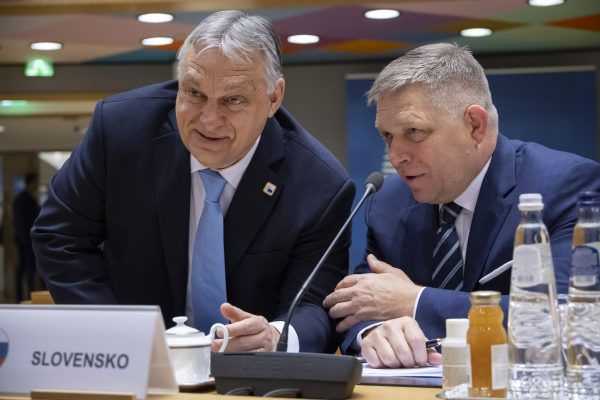Uzbekistan’s ruler, Shavkat Mirzoyoyev, cruised to reelection with a crushing 87% of the vote on July 9. By the low standards of Central Asia — with the exception of Kyrgyzstan — this represented major progress. The Organization for Security and Cooperation in Europe (OSCE) lauded “reforms of the legal framework [that] took a number of our previous observations and recommendations into account”, while noting “[n]one of the registered candidates publicly criticized the current president or presented alternative political views.”
Even so, no critic of the incumbent would have stood a significant chance in an open election. Uzbekistan’s government, boasting unparalleled reach and organizational capacity, coupled with its ability to disburse largesse, has a unique advantage in winning over the majority of voters. Alternate power bases that might otherwise offset state power such as civil society organizations, trade unions, or large corporations, remain nonexistent or are kept under tight control.
Given the absence of the competition essential for democratic governance, coupled with a near-century-long tradition of absolute central control, the country’s journey towards a fully functional democracy is fraught with challenges and uncertainties. Indeed, the path seems increasingly narrow given Russia’s intent to reestablish its dominance and China’s rising influence in the region.
Mirziyoyev, who succeeded the ruthless Islam Karimov — whose torturers infamously scalded opponents with boiling water — has since initiated the journey towards a “New Uzbekistan.” He implemented a series of long-overdue reforms such as opening up the economy, allowing greater press freedom, and ending state-enforced mandatory child labor in cotton fields. He has made overtures to the European Union (EU), including signing a cooperation agreement last month. The agreement was in part a reward for constitutional reforms which included expanded protection for workers’ rights, gender equality, and freedom of movement. American Secretary of State Antony Blinken visited Tashkent and applauded the reforms.
But old repression dies hard: the reforms brought the autonomous region of Karakalpakstan —whose inhabitants speak a language closer to Kazakh than Uzbek — under tighter central control, and 12 died as the government crushed massive protests in response. The updated constitution will also allow Mirzoyoyev, 66 this month, to serve until 2037, resetting his term limit, and allowing him to call a snap election as seen last week.
While the election confirmed Mirzoyoyev’s hold on power, it is clear that he has no immediate intention of allowing genuine political competition. He seems to favor a model of “sovereign democracy” akin to Russia, where token opposition exists to create a semblance of democratic choice, yet never seriously challenges the incumbent’s rule.
The Kremlin’s influence in Uzbekistan extends far beyond government, with about 15% of the working-age population employed in Russia, thereby making remittances a key component of the Uzbek economy. The state has implored imams to avoid discussing the “special military operation” at Friday prayers.
China, meanwhile, has secured a visa-free agreement while increasing investment to $9bn as of 2021. Much of the reduced market presence of Russian companies, struggling under sanctions, is being taken over by Chinese firms.
The West must tread lightly to balance its interests. Russia has historical ties and a large expatriate community, while China holds the geographical advantage and is the rising power. Unlike the West, neither Russia nor China makes demands for reform in return for their financial engagement.
However, external aid and loans are not sustainable paths to long-term growth. With China’s economy decelerating, closed societies may start losing their appeal. The road to economic prosperity for Uzbekistan lies through liberalization rather than repression. That lesson may be hard to swallow for an autocratic regime whose instinct is to sideline opposition. There are further problems; liberal parties and competing power bases crucial for democratic development are lacking.
If the level of repression is any indication of the perceived threat, then Islamist factions may pose the most significant non-systemic opposition. The route to democratic reform is not easy, in Uzbekistan or elsewhere in Central Asia.
Ben Dubow is a Nonresident Fellow at CEPA and the founder of Omelas, which specializes in data and analysis on how states manipulate the web.
Europe’s Edge is CEPA’s online journal covering critical topics on the foreign policy docket across Europe and North America. All opinions are those of the author and do not necessarily represent the position or views of the institutions they represent or the Center for European Policy Analysis.





